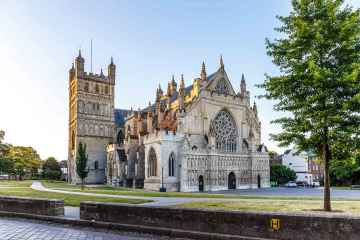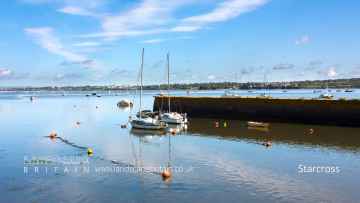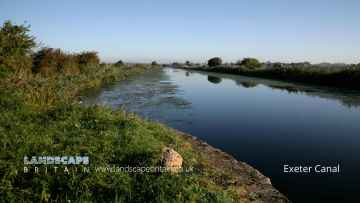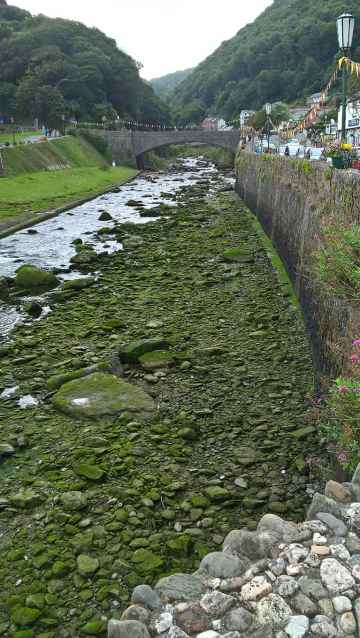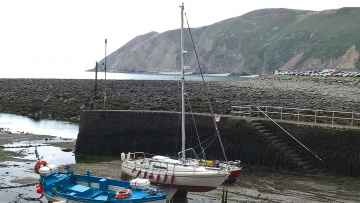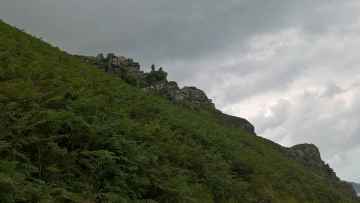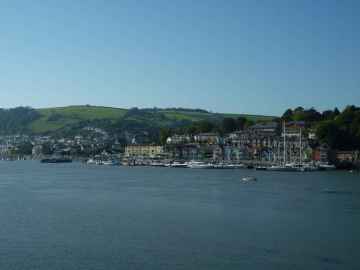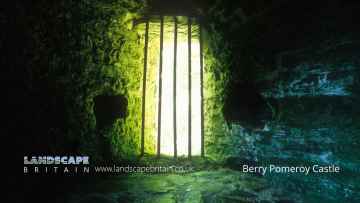Salcombe
Salcombe is a Town in the county of Devon.
Salcombe postcode: TQ8 8
There are great places to visit near Salcombe including some great cities, historic buildings, villages, canals, rivers and streams, beaches, geological features, sssis, hiking areas, nature reserves, towns, parks, airports, castles and ruins.
Salcombe is near some unmissable cities like Exeter,
Exeter Cathedral, St Mary Steps, and St Stephen's Church - Exeter are great places to visit near Salcombe if you like historic buildings.
The area around Salcombe boasts some of the best villages including Starcross, Lynton and Lynmouth, Littleham, Otterton, Branscombe, Beer, and Hope Cove.
Don't miss Exeter Canal, and Grand Western Canal at Tiverton's canals if visiting the area around Salcombe.
Places near Salcombe feature a number of interesting rivers and streams including East Lyn River.
Don't miss Blacklands Beach, Branscombe Beach, and Hope Cove's beaches if visiting the area around Salcombe.
Geological Features to visit near Salcombe include Valley of Rocks.
Salcombe is near some unmissable sssis like Dartmoor,
Hiking Areas to visit near Salcombe include Dartmoor.
Dartmoor is one of Salcombe's best, nearby nature reserves to visit in Salcombe.
There are a several good towns in the Salcombe area like Dartmouth, Tiverton, Crediton, Topsham, Budleigh Salterton, Sidmouth, and Seaton.
Bicton Park is a great place to visit close to Salcombe if you like parks.
Airports to visit near Salcombe include Exeter Airport.
There are a number of castles near to Salcombe including Berry Pomeroy Castle.
Berry Pomeroy Castle is a great place to visit close to Salcombe if you like ruins.
Salcombe History
There are some historic monuments around Salcombe:
Places to see near Salcombe
History of Salcombe
During the English civil war the town sided with the Royalists and held out against the Roundheads. The ruins of Fort Charles remain towards the south of the town. It held out from January to May 1646 and was the last Royalist stronghold. This fort was built for Henry VIII to defend the estuary. It was slighted on the orders of Parliament.











